Latest

Speaking multiple languages may benefit children with autism
Study finds that speaking multiple languages may improve executive functioning and reduce autism symptoms in children.

French WEST reactor breaks record in nuclear fusion
Scientists at the WEST tokamak in France set a new plasma duration record, bringing us closer to achieving nuclear fusion for clean energy.
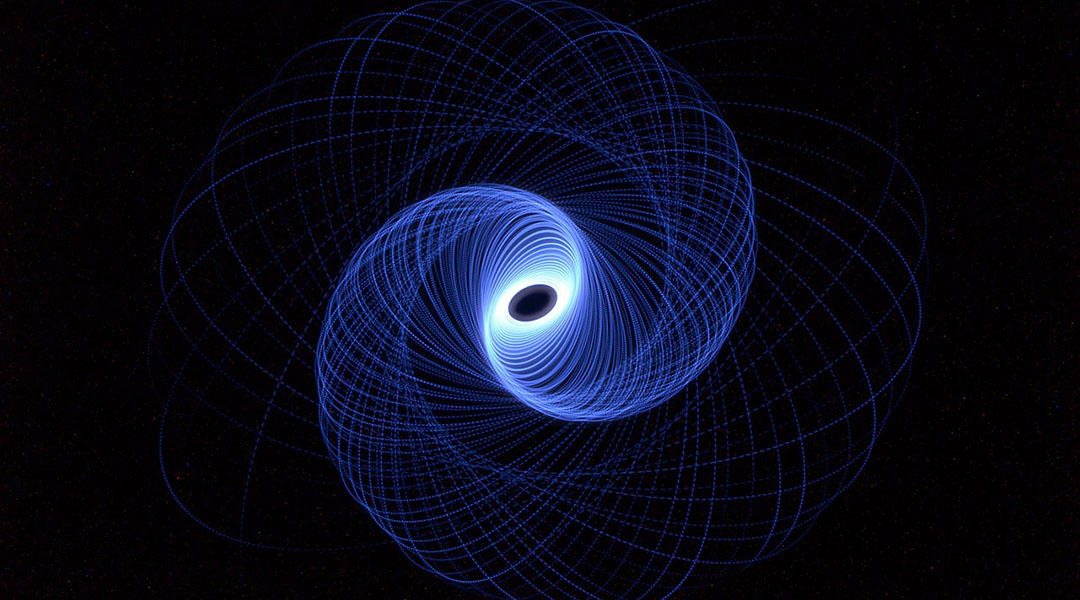
A new method to track skyrmions, tiny magnetic whirls formed by atomic magnetism
Harnessing skyrmions’ random motion and low energy requirements, this discovery could lead to more efficient and powerful computing technologies.
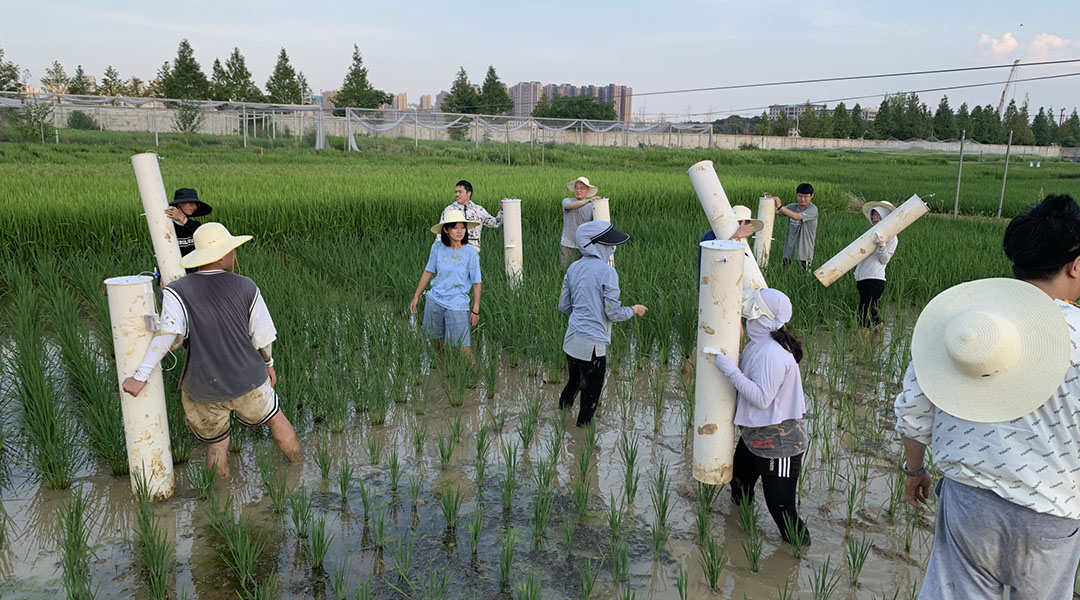
High yield, eco-friendly rice reduces methane emissions by 70%
A new rice variety that combines high yield with low methane emissions could help farmers tackle climate change.

Mouse study reveals multi-generational benefits of exercising during pregnancy
Maternal exercise during pregnancy enables multiple generations of mice to inherit enhanced fitness, with vitamin C playing a key role.
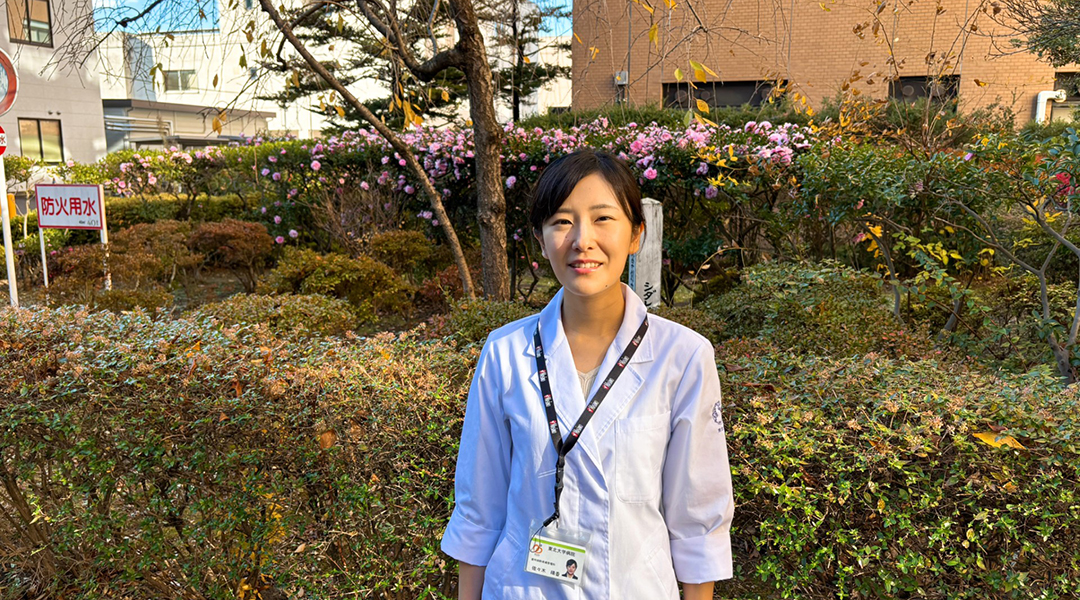
Haruka Sasaki, uncovering the link between melatonin and asthma
Haruka Sasaki is researching how melatonin impacts asthma to create new treatments for life-threatening nocturnal attacks.
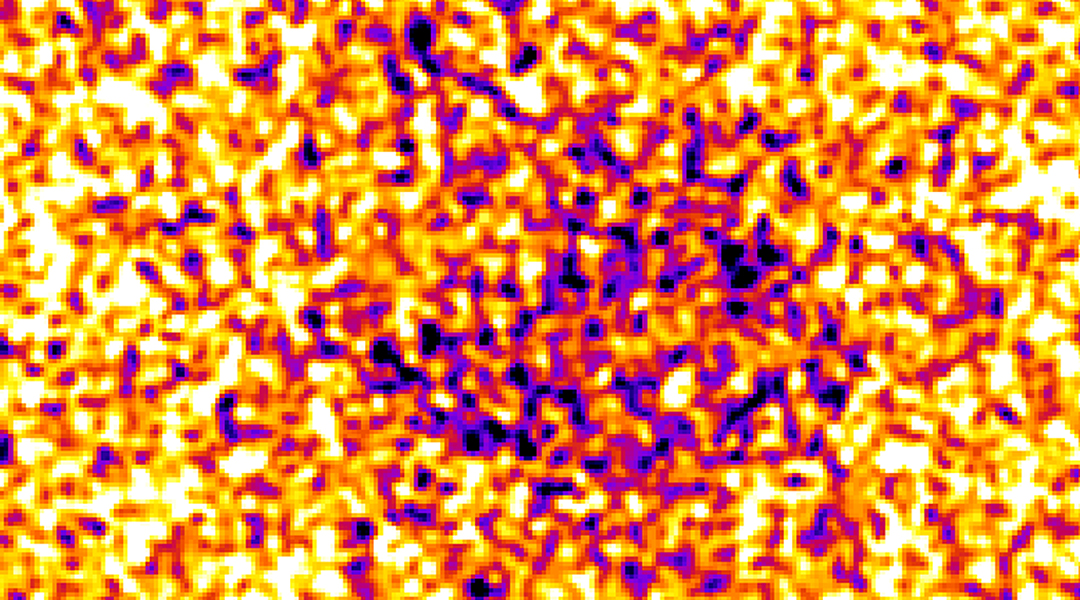
Live imaging of nanoscale biological processes achieved for the first time
Scientists have built a microscope capable of live imaging of biological processes in such detail that moving protein complexes are visible.
ASN Weekly
Sign up for our weekly newsletter and receive the latest science news directly to your inbox.

New vaccine shows promise against deadly bacterial infection
A vaccine to prevent melioidosis, a tropical bacterial disease and possible bioterrorism threat, succeeded in initial trials.

A universal vaccine could eliminate the need to track evolving strains
An RNA-based vaccine approach that is effective against all virus strains and safe for infants and immunocompromised individuals.
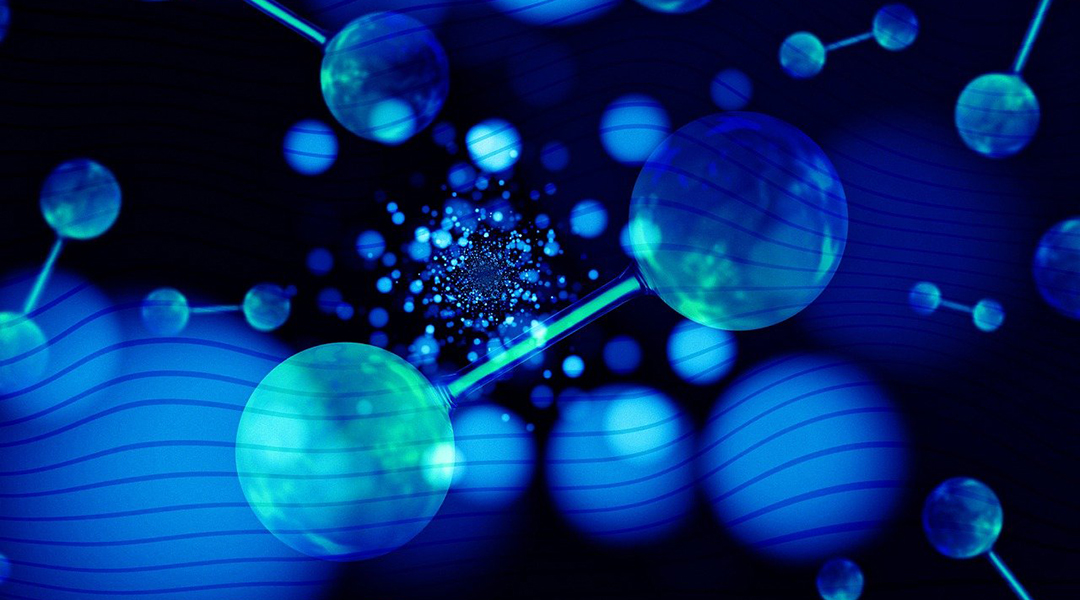
Pulling clean hydrogen fuel from seawater
A new electrolysis device could transform the way we produce hydrogen fuel from seawater, addressing challenges that hindered this process.
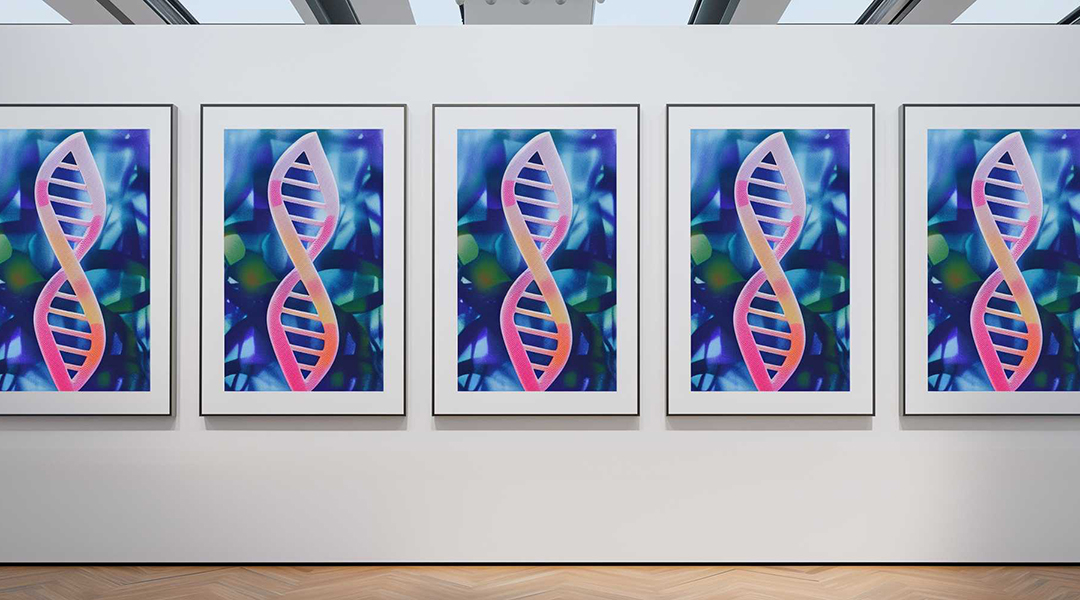
Quantum proofing passwords and artwork with DNA encryption
Chaotic pools of DNA could be the future of encryption, proving authenticity of artwork or securing passwords against quantum computers.

How the bias in algorithms can help us spot our own
People recognize their own biases in algorithms’ decisions more than they do in their own—even when those decisions are the same.
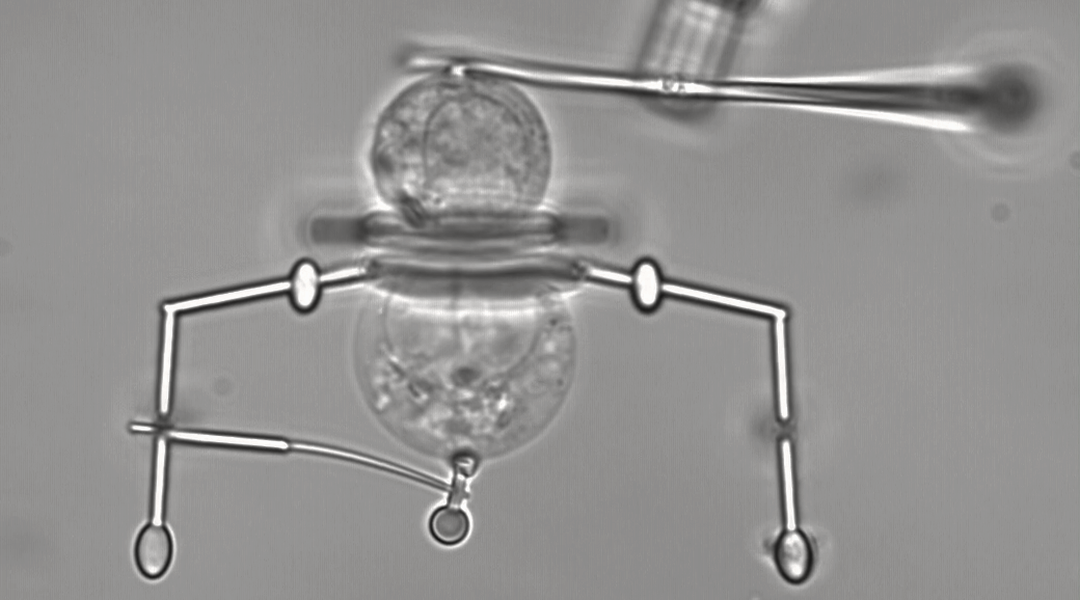
Tiny robots with a big impact: Scientists develop microrobots for single-cell handling
Fitted with nanoscale grippers, these microrobots offer new opportunities for imaging and manipulating single cells.

Woolly mammoths were inbred, but this didn’t lead to population collapse
A bottleneck event caused inbreeding in the last woolly mammoths, but scientists find this was not responsible for their demise on Wrangel Island.
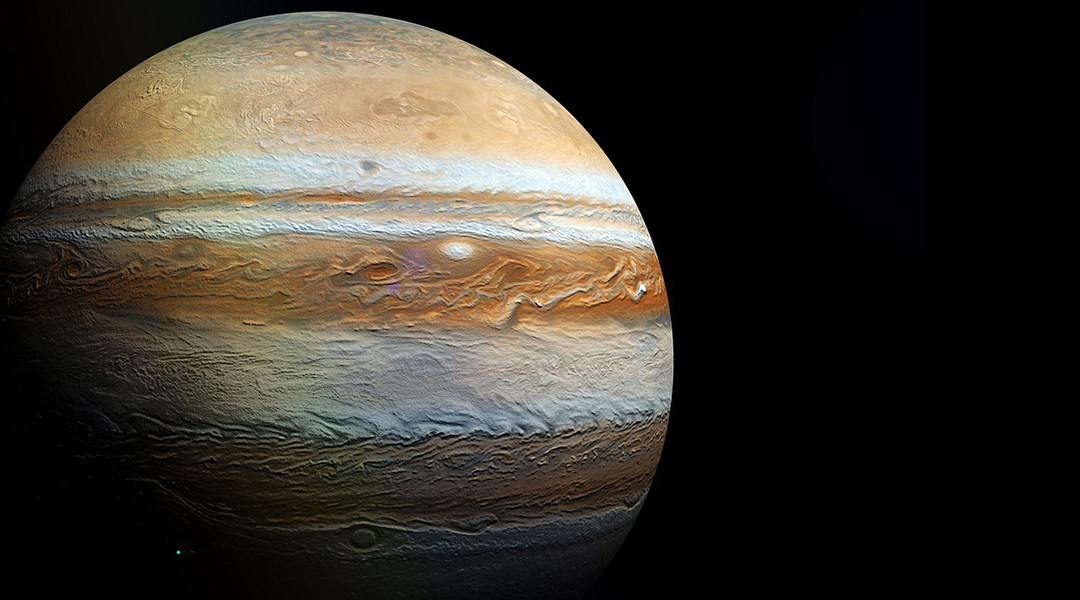
Dark matter could be lurking in Jupiter’s atmosphere
Astronomers propose that an infrared glow observed in Jupiter’s atmosphere may be dark matter particles colliding.

Some birds demonstrate episodic memory similar to humans
Jays exhibit a type of memory recall through which they can mentally relive past events.
No Results Found
The page you requested could not be found. Try refining your search, or use the navigation above to locate the post.
No Results Found
The page you requested could not be found. Try refining your search, or use the navigation above to locate the post.
No Results Found
The page you requested could not be found. Try refining your search, or use the navigation above to locate the post.
No Results Found
The page you requested could not be found. Try refining your search, or use the navigation above to locate the post.
No Results Found
The page you requested could not be found. Try refining your search, or use the navigation above to locate the post.
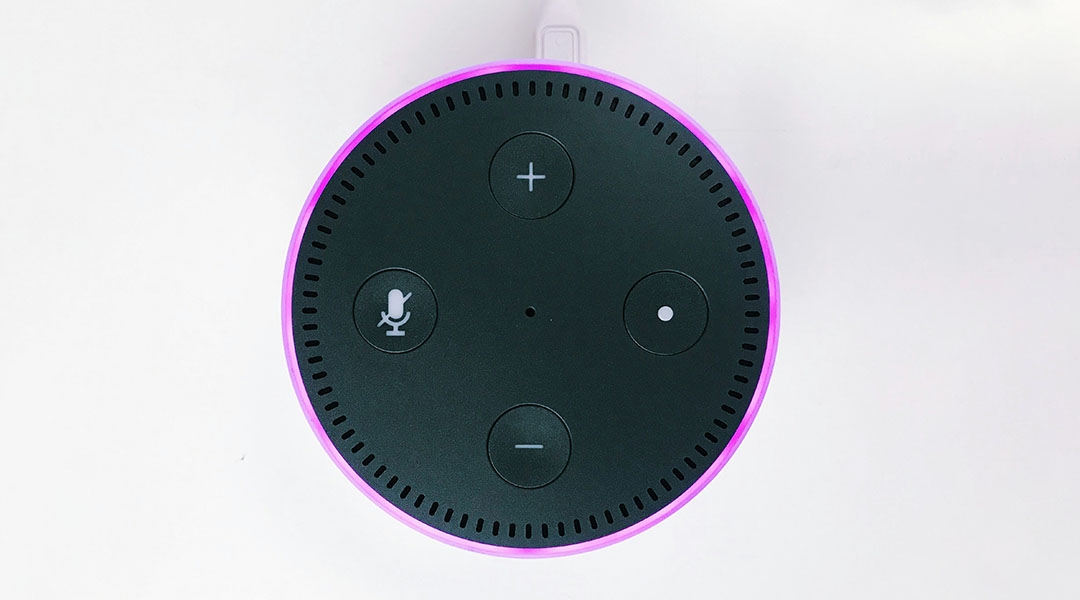
Do voice assistants help alleviate loneliness?
Scientists explored whether evidence backs up the growing belief that voice assistants like Alexa can alleviate loneliness, especially in the elderly.
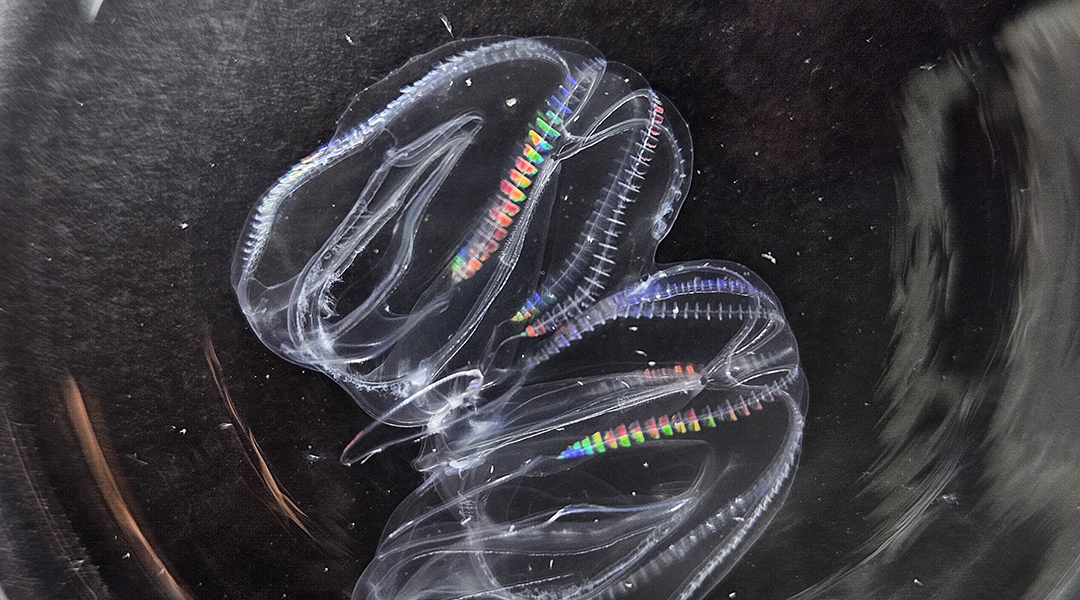
Fused comb jellies share their secrets of regeneration
Two individual comb jellies can fuse into a single organism, providing an incredible feat of regeneration rarely seen in the animal world.
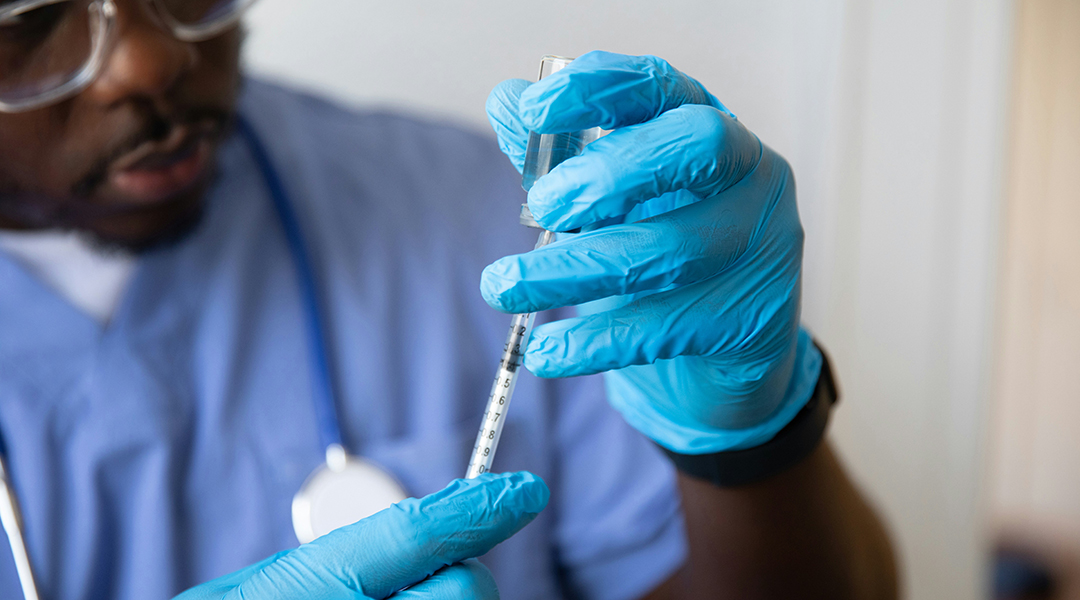
Enzymes help engineer safer, more effective vaccines
Researchers use enzymes to link antigens and adjuvants, creating safer and more effective vaccines by lowering the required adjuvant dosage.

Molecules secreted by parasitic worms found to reduce scarring during wound healing
Researchers have discovered that a protein produced by parasitic worms in the gut enhances wound healing in mice.

Super-black material created from etched wood
This material absorbs more than 99% of the light that strikes it, making it useful in applications ranging from solar energy to astronomy.
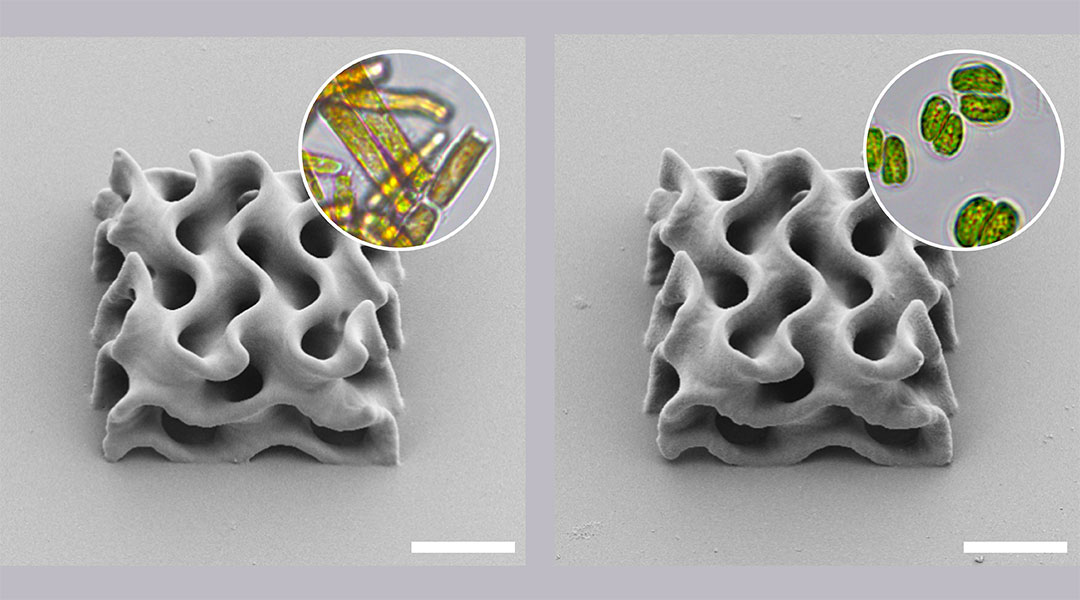
3D printing goes “green” with microalgae ink
A search for environmentally friendly inks led researchers to microalgae biofactories, providing a renewable biomass solution.
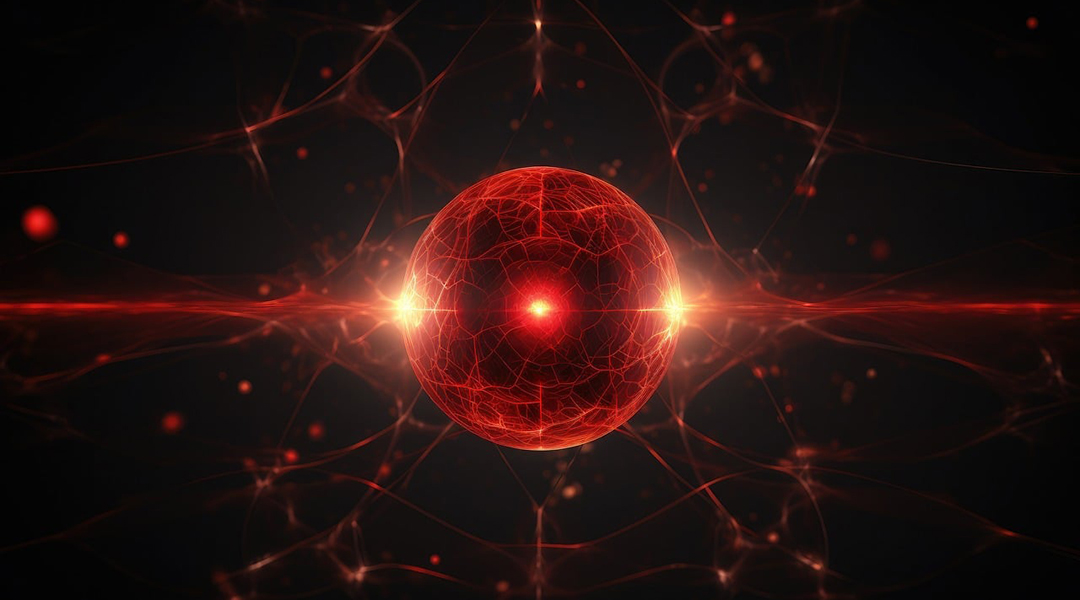
The next big thing in tech could come from these tiny light absorbers
When the light absorbers are made very small, almost all the device performance metrics improve—but doing this is easier said than done.

AI lie detectors lead people to make more false accusations, study finds
Participants with lie-detecting AI were more likely to trust it, more readily agreeing when it falsely labeled something a lie.
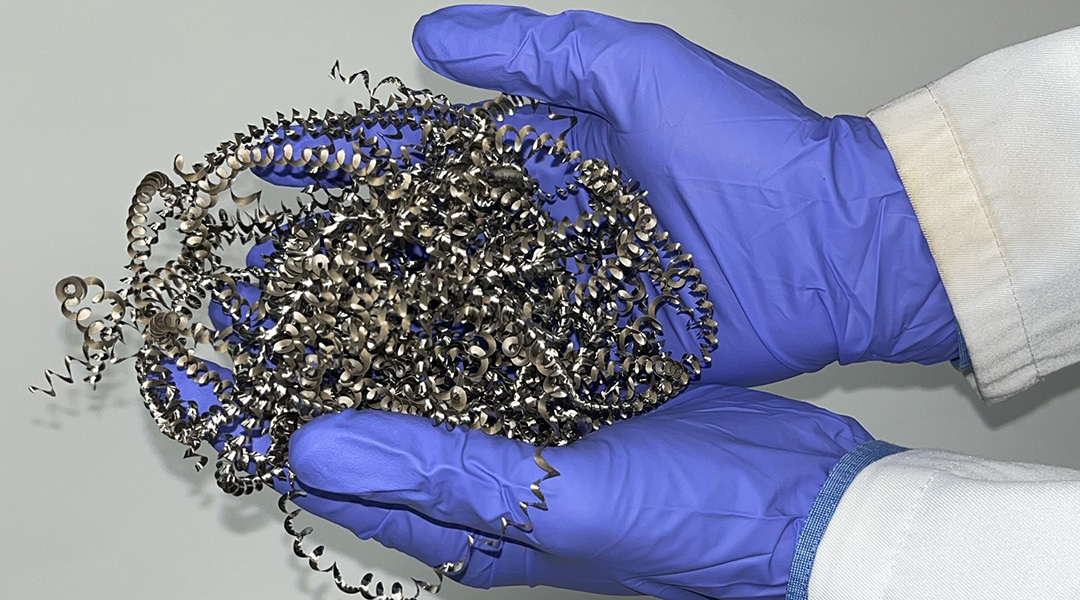
Turning industrial waste into clean hydrogen fuel
New technique uses waste metal shavings to catalyze hydrogen production, turning nothing but trash and water into clean, renewable fuel.

Fluorine helps make PET plastic waste easier to recycle
Pre-activation of plastics with fluorine-containing molecules disrupts their stability, making them easier to break down and upcycle.
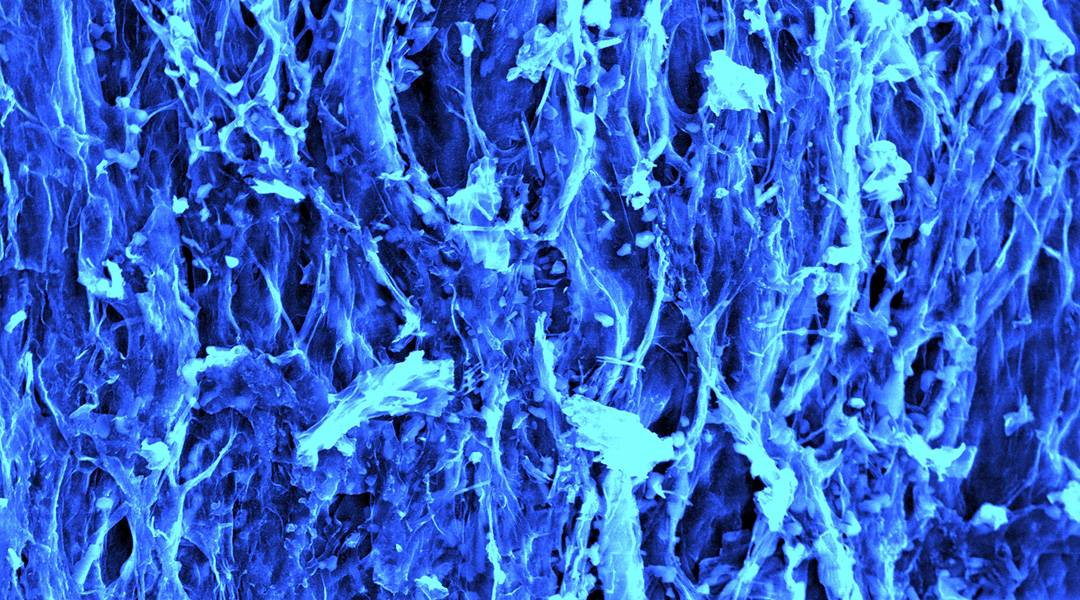
Mushrooms could be the next big thing in energy storage
Scientists are using carbon filaments from mushrooms in supercapacitors, paving the way for a sustainable energy future.

The decline of large river animals and the ecosystems now in peril
The decline of freshwater megafauna, including river dolphins, hippos, and crocodiles, is triggering significant consequences for ecosystems.

Beijing Collider helps scientists probe discrepancy around an elusive hadron particle
New insights into the decay of a hadron particle known as a charmonium could potentially reshape our understanding of particle interactions and challenge existing theories.
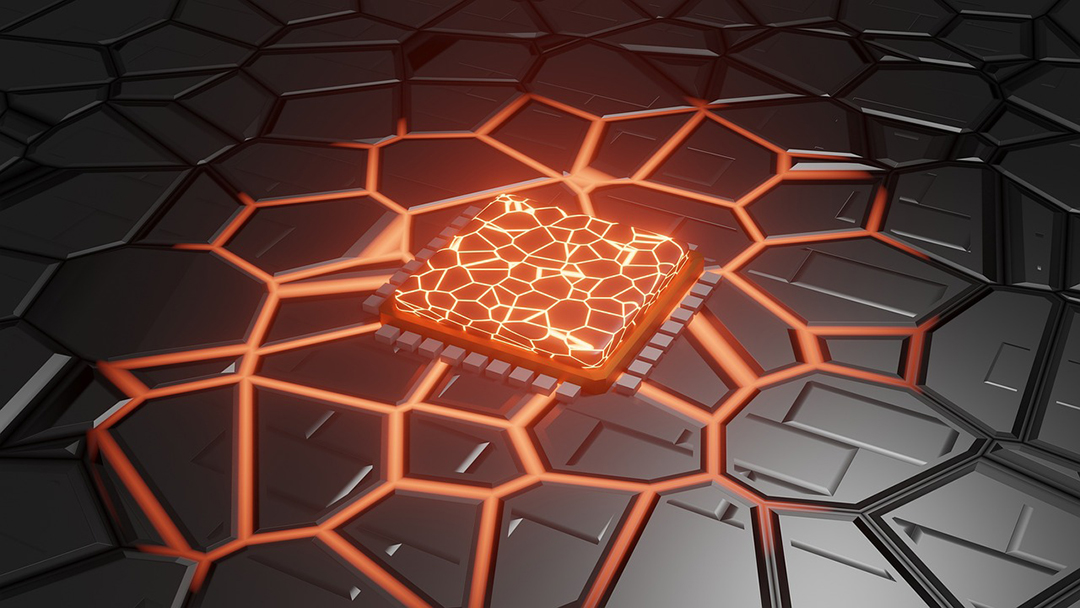
Diamond helps build efficient 3D computer chips
Tackling heat transfer, diamond layers help build 3D circuits with lower power consumption, faster signaling, and increased performance.
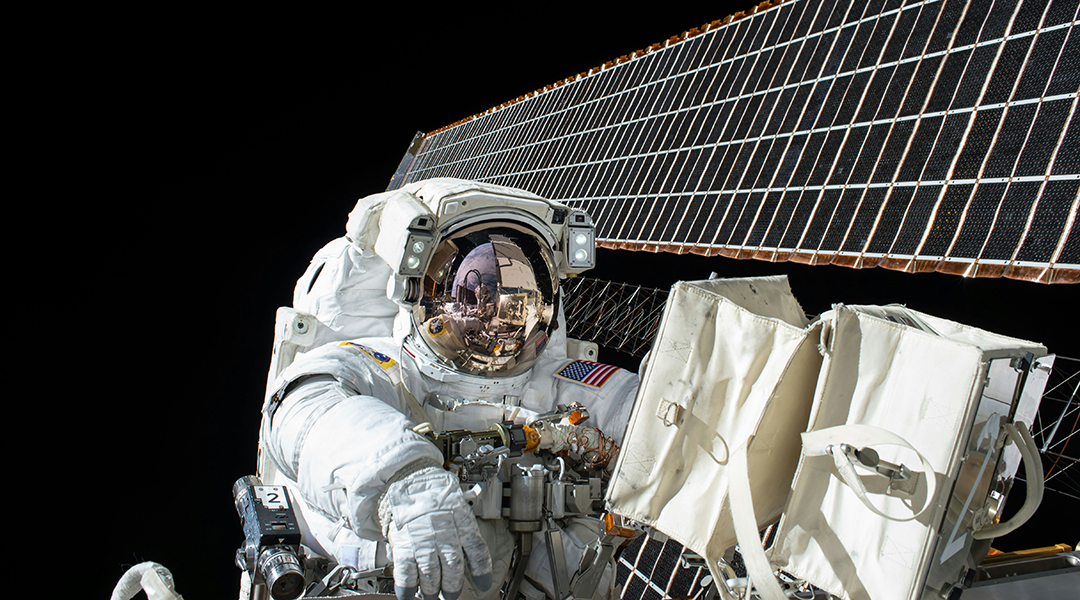
An organ-on-chip simulates the effects of cosmic radiation on astronauts
Future astronauts may be protected from galactic cosmic rays thanks to a novel organ-on-chip system containing interconnected human tissue.

Dark matter could be lurking in Jupiter’s atmosphere
Astronomers propose that an infrared glow observed in Jupiter’s atmosphere may be dark matter particles colliding.
